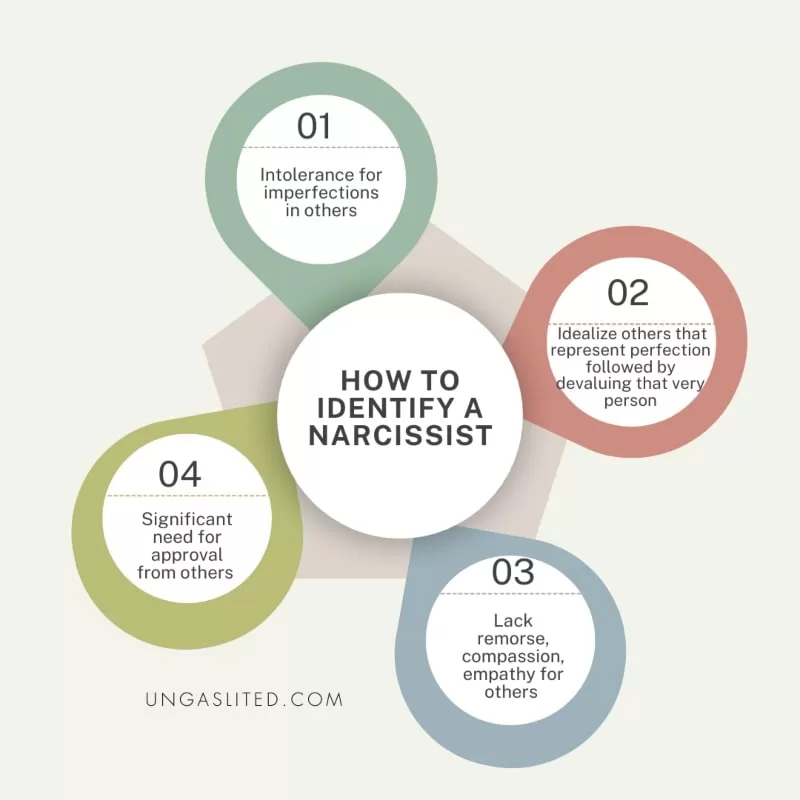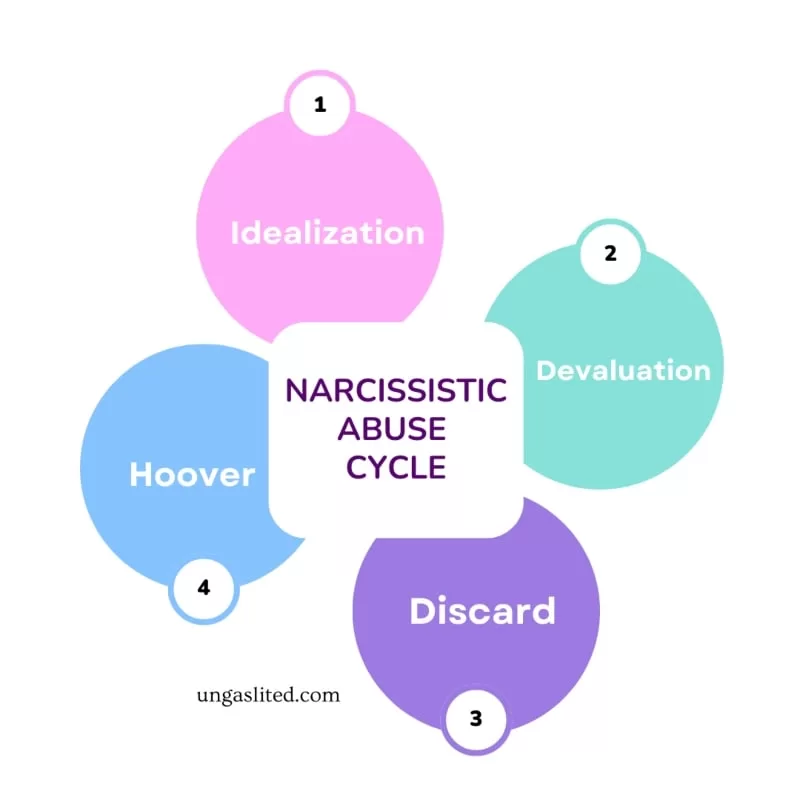Introduction: Why Understanding Narcissism Matters Now
“Narcissism is, indeed, the new world order.”
― Dr Ramani Durvasula
We live in an era where narcissistic traits—self-obsession, manipulation, and a lack of empathy—are not only common but often rewarded.
From toxic workplaces to dysfunctional relationships, understanding narcissism is no longer just about psychology; it’s a survival skill.
So why should you care?
Because understanding narcissism will help you:
- Navigate a world that increasingly rewards self-serving behavior.
- Protect yourself from toxic relationships (personal and professional).
- Gain deeper insight into your own behaviors and emotional patterns.
Stick around as we break down how understanding narcissism is the key to seeing the world clearly, improving relationships, and strengthening your sense of self.
1. Understanding Narcissism: How It Shapes the World Around You
What if the world isn’t broken but designed by narcissists to reward narcissists?
We live in a time where narcissistic traits—self-obsession, manipulation, and power-seeking—aren’t just common but actively rewarded.
Social media, capitalism, and political systems have created an environment where narcissists thrive, leaving the rest of us struggling to make sense of the chaos.
Social Media: The Perfect Tool for Narcissists

Social media platforms have given narcissists a megaphone, amplifying their voices louder than ever.
Why?
Because narcissists drive engagement—the more outrageous, dramatic, or self-serving their content, the more likes, shares, and views they get.
🚨 No Regulations: Social media giants prioritize profit over ethical responsibility, allowing misinformation, misogyny, racism, and cyberbullying to spread unchecked.
🚨Narcissists as Influencers: Many influencers thrive on self-promotion, emotional manipulation, and exaggeration, making them social media’s biggest stars.
🚨Viral Outrage: Narcissists weaponize outrage culture to dominate conversations, distract from real issues, and manipulate public opinion.
Here is our detailed blog article on 25 tips to stay safe online from narcissists:
https://ungaslited.com/staying-safe-from-narcissists-on-social-media/
Pop Culture: Idealizing and Normalizing Narcissism



From CEOs to celebrities, pop culture glorifies narcissists as icons of success.
Society puts them on a pedestal, ignoring their exploitation, manipulation, and disregard for others.
🔥 The “Genius” Narrative: We excuse toxic behavior in the name of “greatness”—whether in business, entertainment, or politics.
🔥 Reality TV & Drama Culture: Shows centered around backstabbing, dominance, and manipulation normalize narcissistic behavior.
🔥 The Hustle Culture Trap: Capitalism rewards aggression, self-interest, and exploitation, reinforcing that narcissistic traits are necessary for success.
Here are a few articles on reality TV narcissism:
https://psmag.com/news/more-evidence-links-reality-television-and-increased-narcissism/
Capitalism: Powering Narcissistic Elites

Modern capitalism is engineered to benefit the most ruthless, self-serving individuals—in other words, narcissists.
The rich hoard wealth while the working class struggles, and unchecked greed continues to fuel global crises.
💰 The Rich Get Richer: Billionaires hoard resources while millions suffer, reinforcing economic inequality and destroying democracies.
🔥 Climate Change & Hoarding: Many of the wealthiest individuals contribute the most to environmental destruction while denying responsibility.
🚨 Exploitation of Workers: A narcissistic work culture glorifies burnout, toxic leadership, and unethical business practices.
Patriarchy & Religion: Narcissistic Systems in Action
Narcissism isn’t just about individuals—it exists within systems that uphold control, power, and dominance.
⚠️ Patriarchy: A system built on male entitlement, control, and dominance, often gaslighting women into submission.
⚠️ Religious Extremism: Many religious institutions use fear, shame, and manipulation to enforce obedience, making leaders untouchable.
⚠️ Weaponized Morality: Institutions convince people they are “bad” or “unworthy” unless they comply with narcissistic structures.
Here is a great article on narcissistic systems by a trauma therapist:
Gaslighting the Public: How Narcissists Control the Narrative
What if everything you see, hear, and believe is carefully curated by narcissistic elites?
Gaslighting isn’t just something that happens in relationships—it’s a powerful tool used at a global level to keep people confused, compliant, and unable to challenge those in power.
The world’s most powerful people—billionaires, politicians, and corporate elites—own the media, control algorithms, and decide what information you have access to.
Who Controls What We See?
“In 1983, the largest 50 corporations controlled 90 percent of the media. Today, as a result of massive mergers and takeovers, six corporations control 90 percent of what we see, hear, and read…These powerful corporations also have an agenda, and it would be naive not to believe that their views and needs impact coverage of issues important to them.” – Bernie Sanders, 2017
The vast majority of mainstream media outlets are owned by a handful of corporations.
These same people control political narratives, protect the rich, and silence dissenting voices.
📺 Mainstream News: Billionaire-owned networks decide what makes headlines and what gets buried.
📱 Social Media Algorithms: Platforms promote sensationalist, divisive content that benefits narcissists.
🚫 Censorship & Shadowbanning: Voices that challenge powerful systems are often silenced, while narcissistic propaganda thrives.
Narcissists in power use denial, distraction, and manipulation to control public perception.
🌀 Denial: “This crisis isn’t real.”
🌀 Distraction: “Look at this scandal instead.”
🌀 Blame-Shifting: “It’s your fault things are this way.”
🌀 Rewriting History: “That’s not what happened—you’re misremembering.”
By constantly shifting narratives, they keep people too disoriented to fight back.
Here are a few articles on who owns the media:
https://scholar.harvard.edu/files/shleifer/files/media.pdf
https://www.webfx.com/blog/internet/the-6-companies-that-own-almost-all-media-infographic/
Examples of Meta’s algorithmic bias:
- Shadow banning: Accounts discussing women’s health topics have experienced reduced organic reach or have been barred altogether, deeming content “inappropriate”.
- Ad restrictions: Women’s health companies have faced ad rejections and account suspensions for content related to vaginal dryness or endometriosis.
- Job ad discrimination: Facebook’s algorithms have been shown to perpetuate gender discrimination in job ads, by, for example, showing truck driver job ads predominantly to men.
- Hate speech: Facebook and Instagram have loosened their rules on hate speech against women.
- Misinformation and hate speech: Facebook’s algorithm may incite misinformation, hate speech, and even ethnic violence.
- Teen mental health: Instagram’s algorithms have been found to worsen mental health among teenage girls by exposing them to harmful content.
Here are a few studies on Meta’s algorithmic bias:
https://journals.sagepub.com/doi/full/10.1177/20539517231221758
What makes us gaslightable?
- Trust Hope
- Belief in the goodness of others
- Lack of power or privilege
- Cultural messages
- Social hierarchies
- Distorted ideologies
- Marginalization
2. Understanding Narcissism in Relationships: How to Protect Yourself
Ever felt like you were always the problem in a relationship? You’re probably not.
Narcissistic relationships—whether romantic, familial, or platonic—can leave you feeling drained, insecure, and confused.
Understanding narcissism is the key to breaking free from toxic cycles.
The following is a detailed article on Narcissistic Personality Disorder: https://ungaslited.com/what-is-narcissism/
Signs You’re in a Relationship with a Narcissist
🚩 Constant gaslighting and emotional manipulation
🚩 Walking on eggshells to avoid conflict
🚩 Your needs and feelings are always dismissed
🚩 Love-bombing followed by devaluation
The Narcissistic Abuse C

The Narcissistic Abuse Cycle
Narcissistic relationships often follow a cycle of behaviors that can be harmful. This pattern includes:
- Idealization: An exciting honeymoon period with attention and admiration.
- Devaluation: A rise in toxicity, with constant criticism and emotional abuse.
- Discard: The narcissist trying to win their partner back, before once again devaluing and discarding the partner, which only restarts the narcissistic abuse cycle over again.
- Hoover: A tactic used to lure someone back into a relationship.

Why the Cycle Repeats
Narcissistic Traits: Narcissists are often unwilling or incapable of admitting fault due to their self-centeredness and need to be superior.
They may switch to the role of the victim, further reinforcing their behavior.
Trauma Bonding: The cycle of love and rejection creates trauma bonds, making it difficult for the victim to leave the relationship.
Victims may become addicted to the pattern, seeking solace from the abuser, who is also the source of their misery.
Addiction and Dependency: Narcissists depend on their victims to replenish their self-esteem through dominance, admiration, and validation.
Simultaneously, victims may become addicted to the narcissist, craving them even after being hurt, and unconsciously seeing them as a solution to their suffering.
Manipulation Tactics: Narcissists use various manipulation tactics such as blame-shifting, projection, invalidation, and deflection to maintain control and avoid taking responsibility for their actions.
Victim’s Response: The abused partner may unknowingly reinforce the cycle by apologizing, appeasing the narcissist, accepting responsibility, or giving in to the narcissist’s demands.
How Narcissists Impact Your Relationships
🚩 Attracting More Narcissists: If you’ve been conditioned to tolerate narcissistic behavior, you’re more likely to end up in toxic relationships.
🚩 Struggles with Boundaries: You might feel guilty for saying no, even when you’re being mistreated.
🚩 Fear of Abandonment: Narcissists use emotional withdrawal as punishment, making you afraid to stand up for yourself.
How to Deal with Narcissists
The following articles discuss how to deal with narcissists in various scenarios:
Going no-contact:
https://ungaslited.com/going-no-contact-10-strategies/
Avoid dating a narcissist:
https://ungaslited.com/dating-guide-avoiding-narcissistic-partners/
Narcissistic friends:
https://ungaslited.com/narcissistic-friends-10-red-flags/
Narcissistic family during the holiday season:
https://ungaslited.com/joyful-holiday-season-despite-narcissistic-family/
Narcissists on social media:
https://ungaslited.com/staying-safe-from-narcissists-on-social-media/
Narcissistic relatives:
https://ungaslited.com/5-tips-to-deal-with-narcissists-in-extended-family/
3. Understanding the Impact of Narcissists in Your Life: Breaking Free from Their Influence
How many of your struggles are linked to narcissists in your life?
What if your anxiety, depression, or self-doubt isn’t “just you” but the result of narcissistic abuse?
Whether it’s a toxic parent, a manipulative partner, or a controlling boss, narcissists leave deep emotional and psychological scars.
Their tactics—gaslighting, guilt-tripping, love-bombing, and emotional neglect—don’t just affect your confidence and relationships; they can also take a serious toll on your mental and physical health.
Understanding their impact is the first step to breaking free and reclaiming a peaceful life.
Narcissistic relationships can change our behavior, cognition, health, spirit, and emotions.
Some of the effects of narcissistic relationships are as follows:
- Depression, anxiety, hypervigilance, anger, frustration, sadness
- Worsening of existing emotional, physical, and psychological issues
- New health problems from long term stress
- Poor self-care
- Hopelessness, helplessness, powerlessness
- Self-doubt and difficulties with decision-making
- Unhealthy core beliefs, negative thoughts about self
- Shame, guilt, worthlessness
- Self-isolation, withdrawal from social interactions
- Living in survival mode, taking little to no risks, struggling to dream big, losing faith in others, and losing a sense of purpose.
Conclusion: The Power of Understanding Narcissism
Understanding narcissism isn’t about diagnosing others—it’s about protecting your peace, making informed decisions, and fostering healthier relationships.
🔑 Society rewards narcissistic behavior, but you can rise above it.
🔑 Recognizing narcissists in relationships helps you set boundaries and avoid manipulation.
🔑 Self-awareness is key to healing and breaking toxic cycles.

